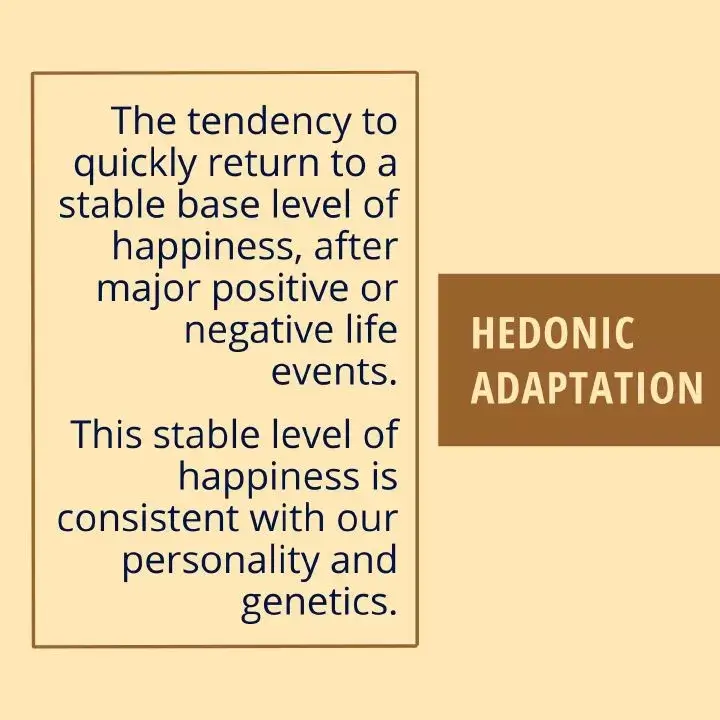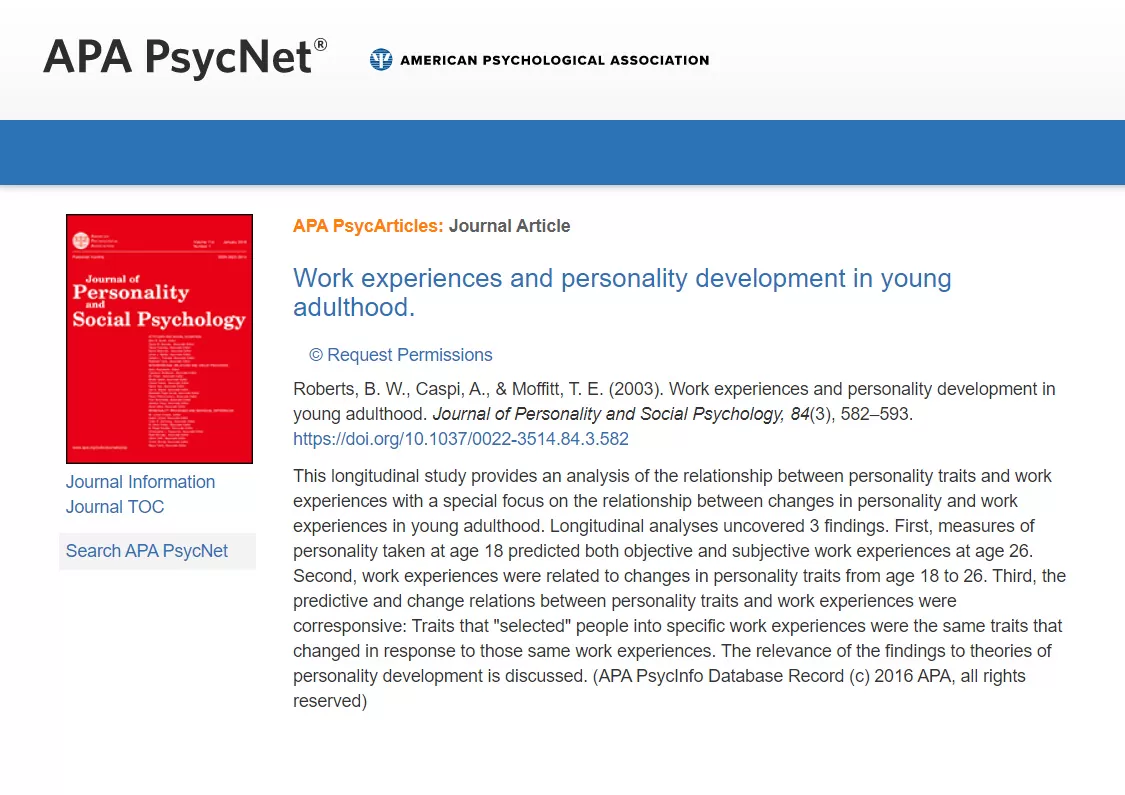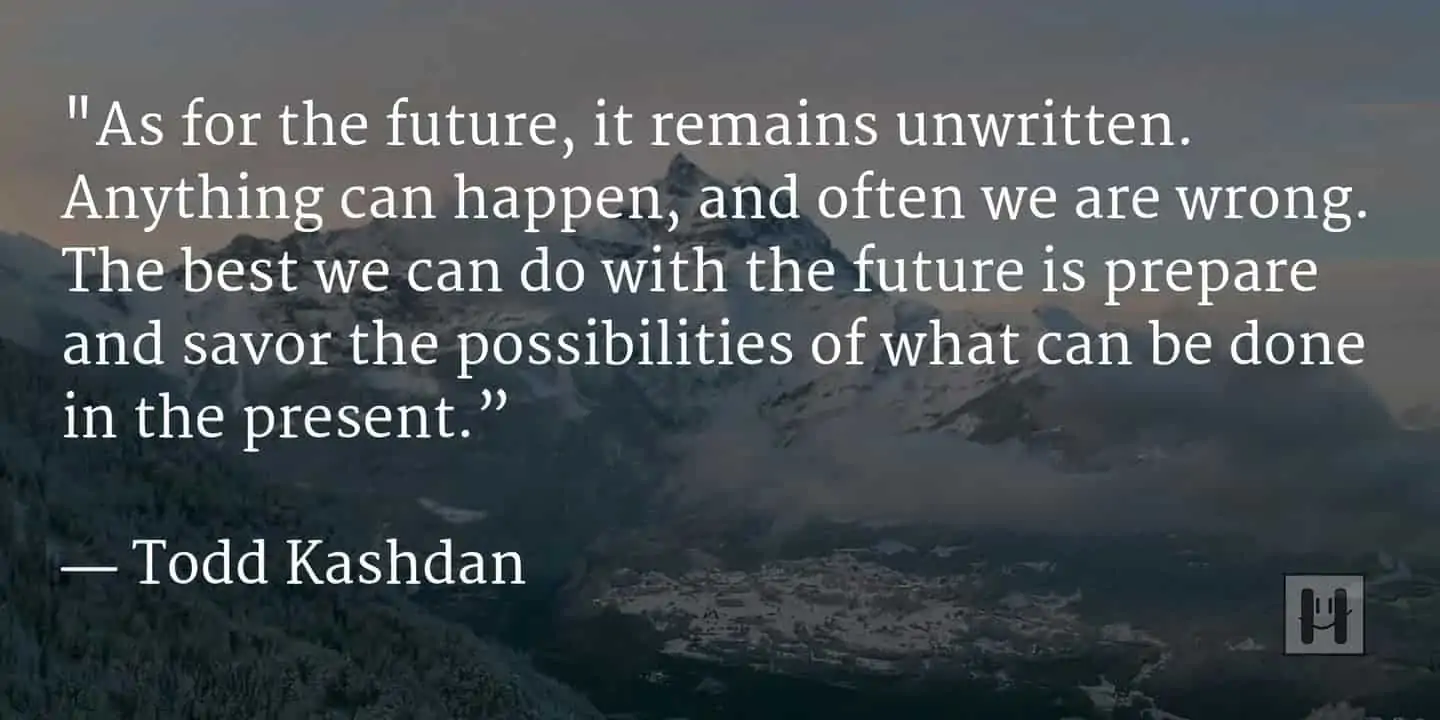Today's Tuesday • 12 mins read
— By John Mark & Dr. Sandip Roy.
Have you ever chased that elusive butterfly called success, believing it would bring you lasting happiness?
You’re not alone. Many people subscribe to the notion that achieving great things will make them happier.
We live in a society that measures our happiness by the number of our achievements and the scale of our successes. We hear our parents, teachers, superiors, and even mentors, tell us:
“Work hard, become successful; then you’ll be happy.”
That sounds sensibly right, but it is, regrettably, faulty.
Research may point to an alternate truth. There are many happiness myths that we still believe.
Table of Contents
Can Success Bring Happiness?
Happiness fuels success, not the other way around. Studies show happier people are more likely to be successful, but successful people are predictably not more cheerful. Moreover, happier people are more likely to work in better jobs and earn more money.

Think of it like planting a seed. Happiness is the fertile soil, nurturing your potential and allowing your skills to blossom.
When you are happier, you have more optimism, gratitude, and resilience – some vital ingredients in the success recipe. As a result, you’re more likely to land better jobs, earn higher salaries, and even build stronger relationships.
So, instead of the relentless pursuit of success as a validation of happiness, focus on cultivating inner well-being.
Be happy first and embrace the journey to success. True joy is in the climb itself, so savor the small wins, and let happiness be the wind that propels you forward.
Why The Happiness of Success Doesn’t Last?
Success can cause a temporary boost of happiness, not a lasting one. Sometime soon after success, the person settles down to their base level of happiness (called happiness set-point) due to a phenomenon called hedonic adaptation.

Moreover, studies strongly suggest that happiness comes before success, rather than success first-happiness later.
- This study found that college seniors who reported higher well-being received more follow-up job interviews three months later (Personality, Social Activities, Job-Search Behavior, and Interview Success, Burger & Caldwell, 2000).
- This study found those more cheerful at the start of college had higher incomes later on as compared to their college peers (Dispositional Affect and Job Outcomes, Diener & Nickerson, 2002).
- Research by Brent Roberts at the University of Illinois found those who were happy at age 18 were more likely to work satisfying jobs and be financially secure by age 26 (Work experiences and personality development in young adulthood, Roberts & Caspi, 2003).

Success does not bring lasting happiness, as experimental and anecdotal evidence shows.
Most successful outcomes give temporary boosts in happiness levels, though some events of success may come at devastating costs, often called pyrrhic victories.
Aside from finding more chances of being successful, happier people have many other advantages.
Moreover, trying harder is no good way to achieve success or happiness.
“Trying harder is not sufficient by itself. That’s because it’s not how hard you try that leads to success; it’s how you try hard.”
— Sherri W. Fisher, a learning specialist, and Positive Education expert
When you live in a culture that measures success by how happy you are, reaching for happiness can seem like a difficult goal to pursue. They seem to be asking you:
Why makes you happy? You haven’t achieved much in your life.
To which, you seem to be answering yourself:
First I need to work hard and become successful, then I will be happy.
The one lie every one of us was told in our formative years was this: success = happiness.
That idea has been hammered into us by our society and made to pursue success as a precondition for happiness in life.
We grew up hearing, “If you become successful, then you will be happy.”
But that notion above is false.
It suggests as if none of us deserves to be happy unless we are successful.
And that makes us slog it out for years in the quest for “success” — only until the inevitable reality sets in.
Success and happiness don’t go hand in hand. This carrot-and-stick approach to happiness only leads to fleeting, scarce happiness. It adds pressure, stress, and negativity to every aspect of our lives.
In truth, chasing happiness and well-being is better than running after success. Success cannot guarantee lasting happiness.
Success is important, of course. We all need to dream, set goals, and achieve success in our lives.
But what’s the point of success if you have to compromise your happiness in the process?
Success ≠ Happiness
Success can be a personal or group property from the start. While happiness is usually an individual experience that’s shared after one attains it.
Moreover, within a happy group, each person’s happiness depends on their personality and attitude. So, happiness is subjective in its own way and to a person’s own limit.
Happy people just know how to shop for happiness.
What Does Happiness Really Mean To You?
Some believe there are far more vital things to worry about than seeking happiness; others see happiness as essentially something every human ultimately wishes and works for in life.
Positive psychology says that happiness is both how good we feel in the present moment, as well as how good we feel when we look at our lived life.
Trying to lead a happy life is not always about denying negative emotions or pretending to feel joyful all the time. We all experience adversity, and it’s natural for us to feel frustrated, sad, angry, and other negative emotions.
As humans, we experience a wide range of emotions, both negative and positive, on any given day.
Negative emotions—like anger and fear—help us defend ourselves by reacting with violence or escaping from danger.
And positive emotions—like hope or faith—help us connect with others and develop our ability to cope when things go wrong.
Our greatest happiness does not depend on the condition of life in which chance has placed us, but is always the result of a good conscience, good health, occupation, and freedom in all just pursuits.
— Thomas Jefferson
Happiness is all about being able to bask in the good times, but it’s also about coping with the inevitable bad times. Or, in the wonderful words of the biochemist-turned-Buddhist monk Matthieu Ricard:
Happiness is a deep sense of flourishing, not a mere pleasurable feeling or fleeting emotion, but an optimal state of being.
One prevalent misconception about happiness is that cheerful people are more likely to be lazy or inefficient. Research highlights that the truth is quite the contrary.
Happiness makes us not only feel good, but it also opens up a wide range of benefits for our performance, relationships, health, and more.
Economists at Warwick University conducted research where one group of people were shown a comic movie clip, and the other set was asked to talk about their recent family tragedies. Both groups were asked to continue with standard workplace tasks.
The results showed people who were conditioned to feel happy were 11% more productive than their peers.
Similarly, researchers at Wharton Business School discovered companies with happy employees outperform the stock market year after year. And a UCL research team found happy people as young adults ultimately earned more than their peers later in life.
Happiness is a deep sense of flourishing, not a mere pleasurable feeling or fleeting emotion, but an optimal state of being.
— Matthieu Ricard, the “Happiest” person on Earth.
Is Happiness Living Out Your Passions?
Picture this. You graduated from college with a great GPA and landed a decent job right after college. You are efficient at what you do and get regular appreciation from your seniors.
You have traveled to quite a few places—basically wherever your work took you. They have paid for your flights and stayed for the business deals you brought them back. Unfortunately, in all this rush, you have missed out on many things that success or money cannot provide.
You never got to sit by the seaside and enjoy the sunset. You missed the nightlife in a bustling city because you had early morning meetings to attend. Deadlines and important tasks that could not wait drove your life.
But did life wait for you? Can life wait for you? Probably not.
Instead of running after plans, you would be better off if you focus on fueling your passion. Take sufficient time out for yourself during those work trips and experience the best that a particular destination offers.
Your productivity will increase automatically if you are happy, and you will have a fresh approach toward everything you dabble in.
You’ll understand it’s worth taking the time to get to know yourself and to figure out what you’re actually passionate about.
Is Happiness Being Content With What You Have?
Are you constantly plagued by the thought of “not having enough”?
Are you always chasing something bigger and better? At the end of the day, that kind of pursuit undoubtedly can leave anyone empty and tired.
And in that process, you are missing out on getting happiness from plenty of things you have right now. Instead of focusing on acquiring more, you need to shift your focus towards all you have in your life at the present moment. When you start sharing what you have, you find your happiness ratcheting up.
You don’t know what the future holds for you. Hence, it is unwise to carry out all your actions based on future projections. The present is where you can learn to live fully. But most of us ignore the present, this very moment, worrying about what might happen in the future.
For now, why not have a little gratitude toward life and count your blessings?
Does Success Make An Unhappy Person Happier?
The notion that success always brings us happiness is false. Science tells us it is better to focus more on being happy rather than on pursuing success for bringing us happiness.
Many of our challenges and problems will disappear if we focus more on happiness instead of success. Even the world’s most glorified and successful personalities are not infallible to the downsides of success after making it to the top.
Having your talents, skills, and beauty appreciated by the world is possibly the greatest validation you can have, but it can never be a cornerstone of your happiness.
Success is not a plateau; it’s a peak. And you can’t always balance a plank on a peak-point.
If the sole purpose of your hard work is to find happiness only after you have achieved success, chances are that you might have the opposite of what you have been looking for.
You may reach the top only to find out you are not any happier than you were when you started.
Chasing success while hoping to find happiness is a recipe for frustration.
Fortunately, there is a simple way to avoid becoming another front-page success-story gone-wrong. It’s this:
Find your happiness first.
Cultivate genuine happiness, joy, and enthusiasm for life before you succeed. Doing this will make all the difference. Because putting your happiness first is more important than success, as research shows.
Out of all the things you can accomplish in life, finding fulfillment is the most crucial thing to achieve. Happiness is the goal of all human behavior.
Whether you realize it, or not, the desire to be happy is the ulterior motive that guides everything on your list of ambitions.
Whether it’s spending your life with the one you love, earning millions of dollars, becoming an entrepreneur, starting a family, moving to another country, or buying a new house.
Everything you do gets influenced by that underlying desire to be happy.
- Does success bring happiness? No guarantee.
- Does happiness bring success? Yes, the chances are better, as research suggests.
So, it only makes sense to put your happiness above every other achievable thing in your life.
Chasing success while hoping to find happiness is a sure-fire recipe to make yourself unhappy.
Final Words
Sure, you can strive and work hard for success. But don’t assume success will lead to happiness.
Focus on being happy at present. Be proud of where you are in life and who you are.
Happiness is a journey, not a destination. You are allowed to do what makes you happy on your way to success, as long as it doesn’t hurt anyone.
You can be happy now and still strive for more. As a result, you will be able to accomplish more and perform better in many other areas of your life, and you will also enjoy the ride to your goals.
Remember what Sonja Lyubomirsky, a pioneering positive psychologist, says, “Happiness may not only be a consequence of success, but also a cause.”
Authors: John Mark, a teacher and motivational speaker, wrote an earlier, shorter version of this post. Edited, reviewed, and expanded by Sandip Roy.
√ Also Read: 7 Things You Should Never Tell People About Your Life
√ Please spread the word if you found this helpful.
» You deserve happiness! Choosing therapy could be your best decision.
...
• Disclosure: Buying via our links earns us a small commission.
